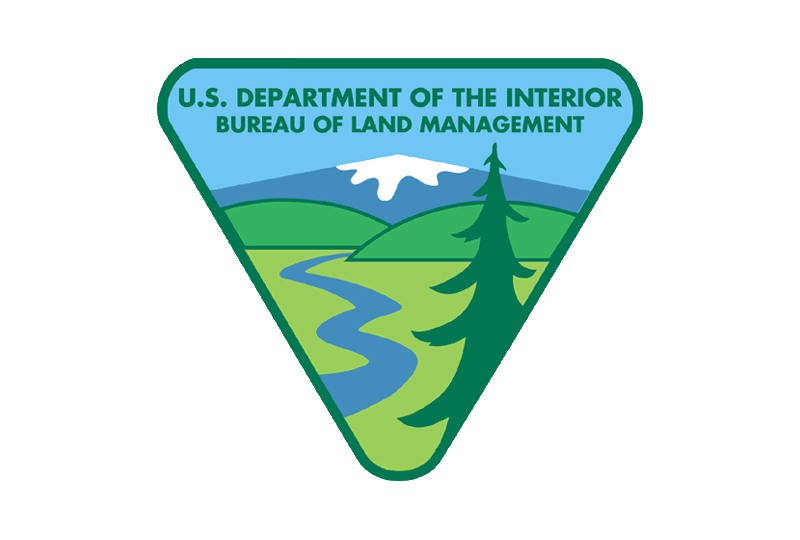CAÑON CITY, Colo. — The Bureau of Land Management’s Rocky Mountain Resource Advisory Council has set meeting dates for the 2025 calendar year. All meetings are open to the public and conclude with a public comment period.
Feb. 13, 2025: Meeting virtually via the Zoom platform, from 9 a.m. to noon. Those wishing to attend must register prior to the meeting.
June 26, 2025: Meeting at the Royal Gorge Field Office from 10 a.m. to 4 p.m., with an optional field tour the following day. Those wishing to attend must register prior to the meeting.
Oct. 23, 2025: Meeting virtually via the Zoom platform, from 9 a.m. to noon. Those wishing to attend must register prior to the meeting.
Agendas and registration information will be posted to the RAC’s webpage 30 days in advance, located at https://www.blm.gov/get-involved/resource-advisory-council/near-you/colorado/rocky-mountain-rac.
“Rocky Mountain RAC members represent Colorado’s communities east of the continental divide. Providing essential feedback on matters of public interest, RAC members are vital to successfully engaging those we serve. This process ensures broad perspectives are considered when decisions are made,” said Rocky Mountain Deputy District Manager Chris Ziegler.
The three 15-member Resource Advisory Councils in Colorado are forums for providing advice and recommendations to the BLM on various resource and land management issues. The Rocky Mountain RAC advises the BLM Colorado Rocky Mountain District, including the Royal Gorge and San Luis Valley field offices, and Browns Canyon National Monument.
For more information, please contact Levi Spellman at the Rocky Mountain District public affairs office, (719) 839-1584 or lspellman@blm.gov.
-BLM-
The BLM manages more than 245 million acres of public land located primarily in 12 western states, including Alaska, on behalf of the American people. The BLM also administers 700 million acres of sub-surface mineral estate throughout the nation. Our mission is to sustain the health, diversity, and productivity of America’s public lands for the use and enjoyment of present and future generations.





